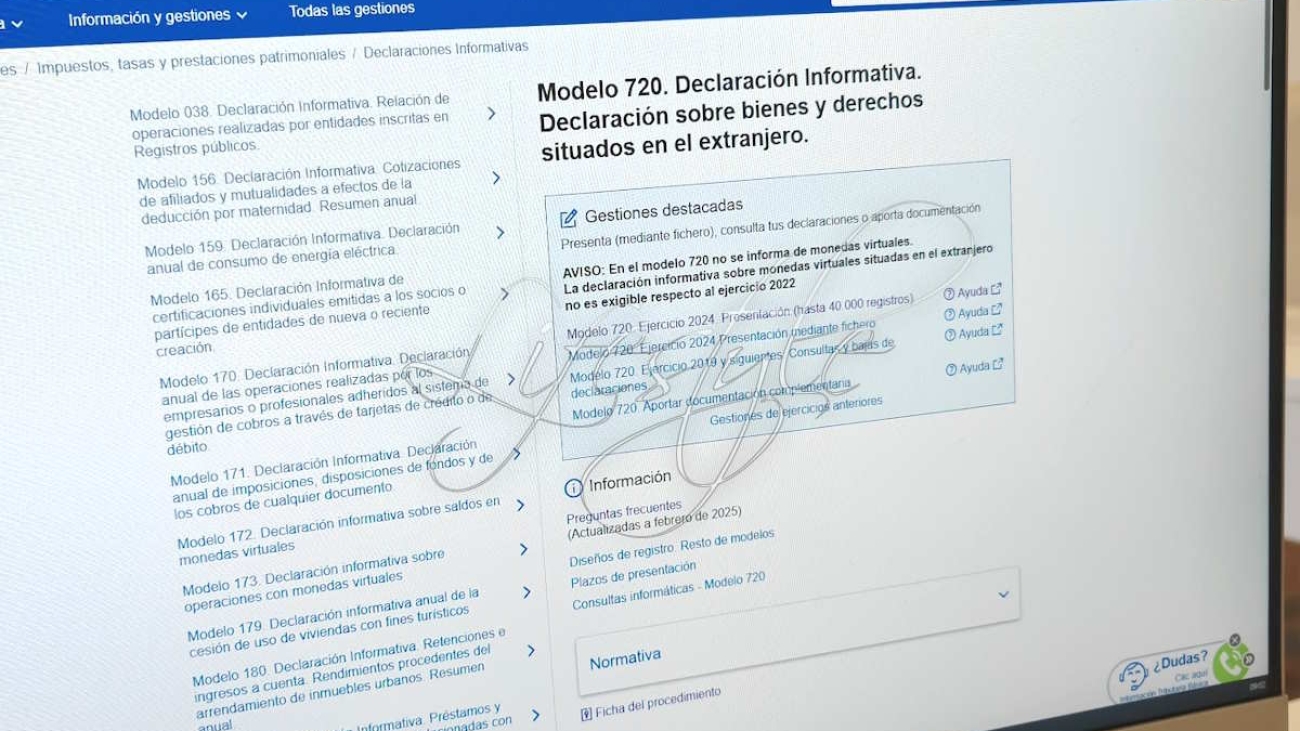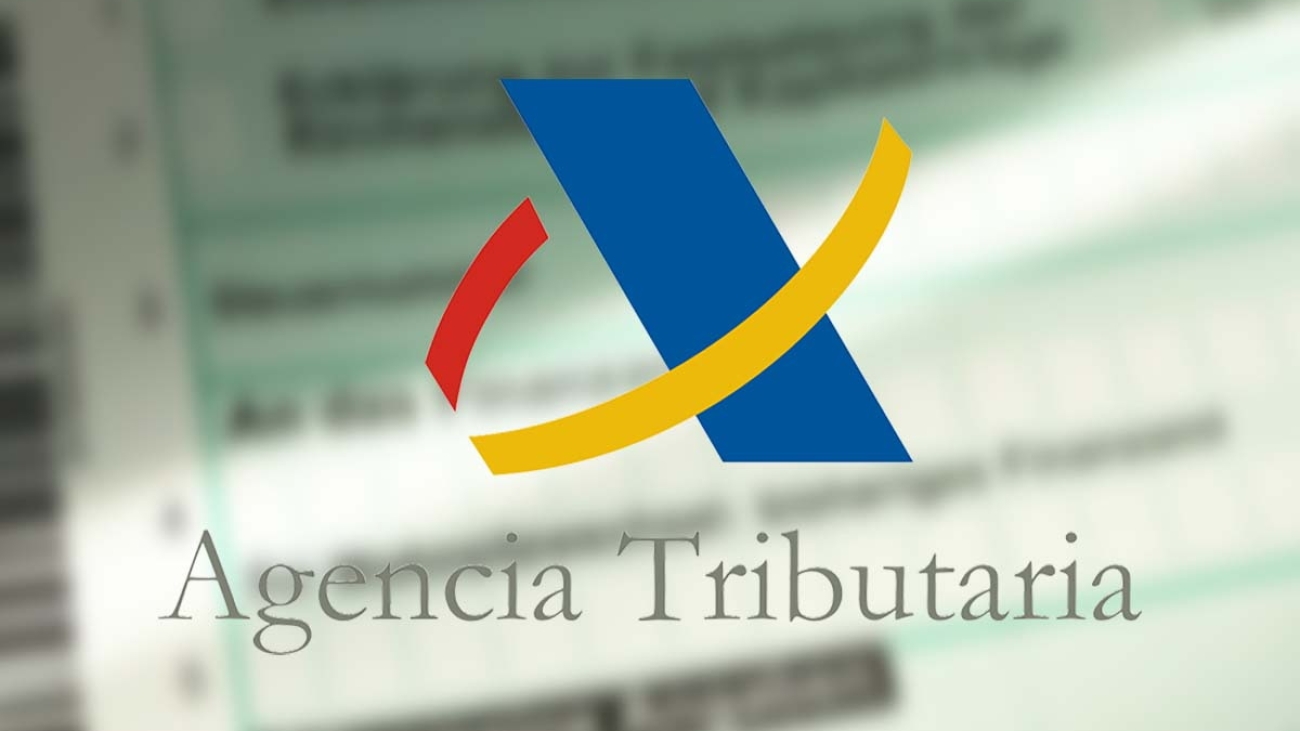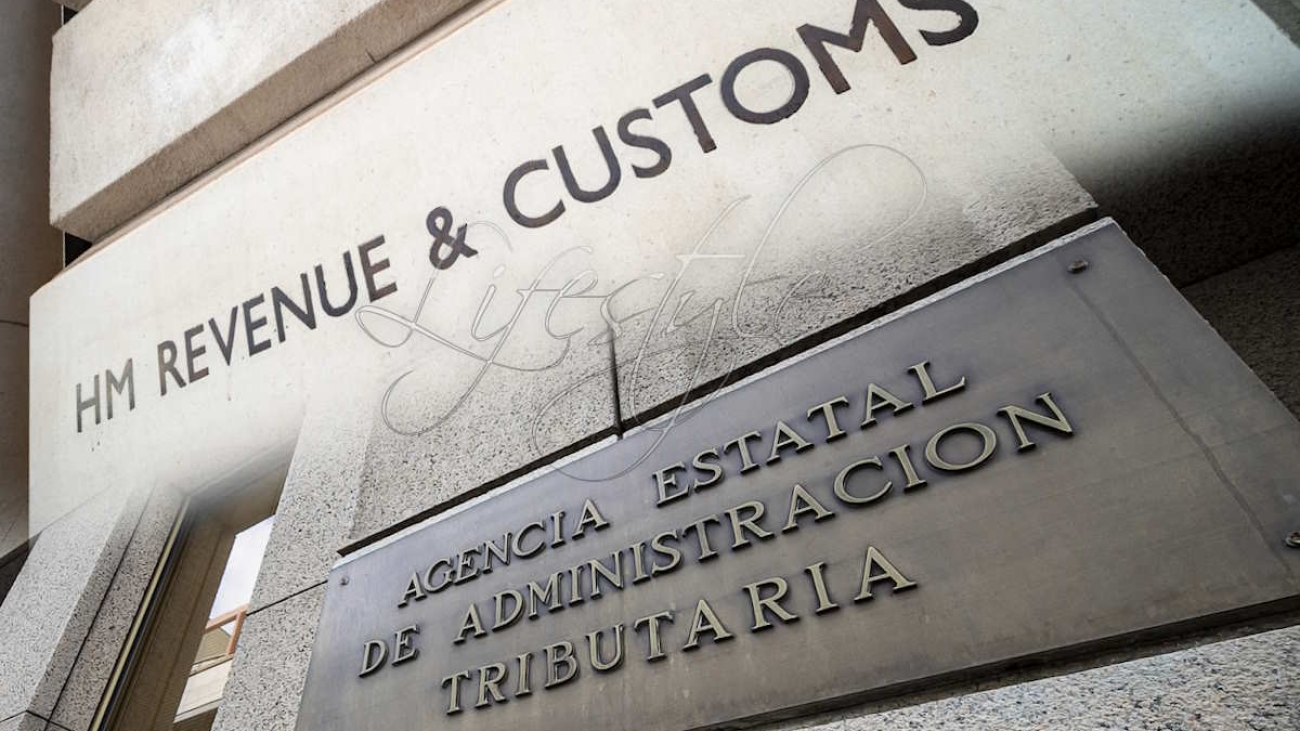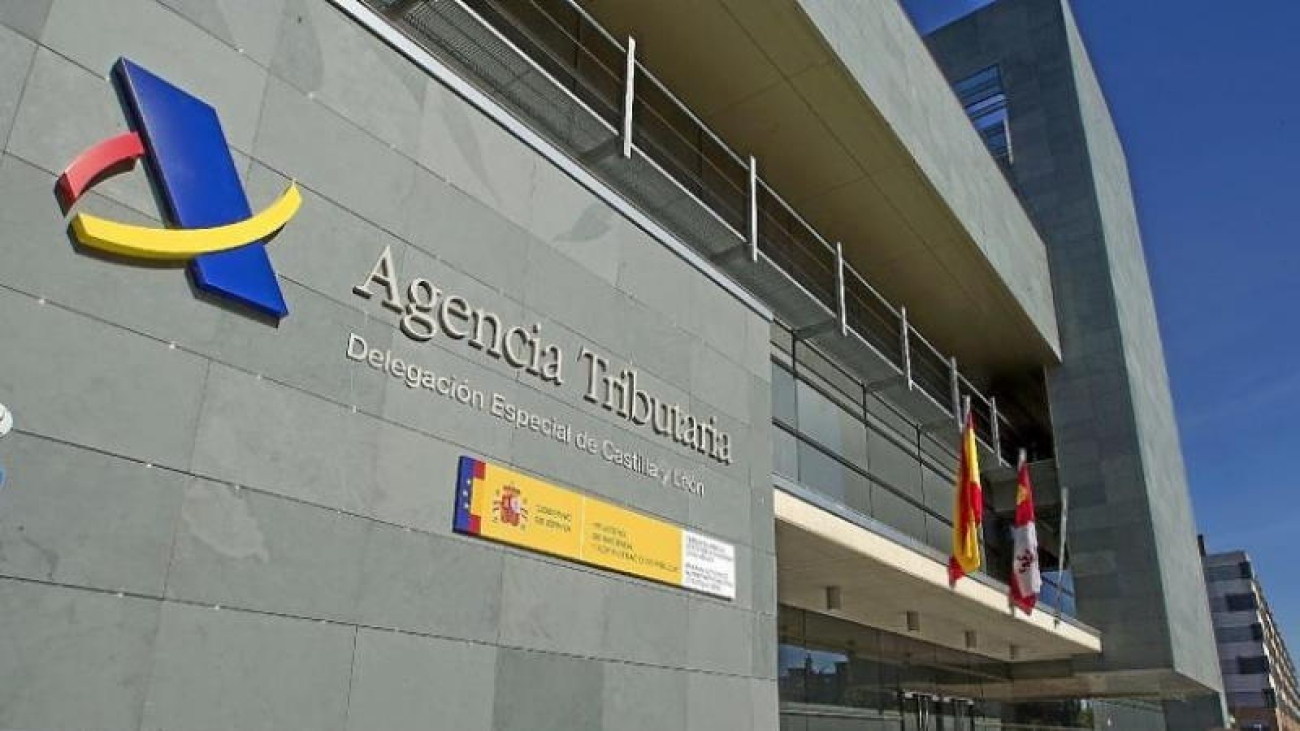Spanish residents are subject to tax on all their worldwide income, and this may also include taxation of UK pensions in Spain. Unlike the UK, where aside from the tax free lumpsum, payments from pensions above the earnings threshold, are subject to income tax, in Spain, the applicable rate of tax and whether you pay tax, depends on the type of pension.
Since the UK left the EU, the variation in taxation of UK pensions in Spain, has become even more complicated due to the fact that some types of UK pensions are no longer considered to be pensions in Spain. To illustrate how complicated taxation of UK pensions in Spain can be, the following shows all the different tax scenarios that could apply to various UK pensions and payments from them. They can be:
- Exempt from declaration
- Non-declarable and totally exempt from being taxed
- Partly exempt from taxation
- Taxed as regular income
- Considered as withdrawals from a savings account
- Taxed as investment income
- Treated as capital gains
- Exempt from Wealth Tax
- Included as assets for Wealth Tax purposes
Considering the above, it’s clear that working out or understanding taxation that will apply to a UK pension in Spain isn’t straightforward and requires a good level of knowledge on the matter. So how does Spain differentiate the types of pension or income that in the UK we consider to simply be a pension?
Taxation of UK Pensions in Spain vs Retirement Savings
One of the biggest differences in taxation of UK pensions in Spain, arises due to the fact that personal pension schemes, such as Self Invested Personal Pensions, or SIPP’s, are no longer considered as pensions for Spanish tax purposes. Instead they are treated as retirement savings or investment schemes and therefore subject to taxation as general investments, i.e. tax on the capital gain.
In many circumstances this can be advantageous as Spain’s rates of tax for capital gains are a lot lower than general income tax rates. Additionally, if you are planning to move to Spain, you could potentially crystalise all gains, prior to taking up residency and thus ‘arrive’ in Spain with 100% capital in your retirement savings scheme.
Conversely as retirement savings or investment schemes are counted as assets forming part of overall wealth, larger UK personal pensions may create or increase a Wealth Tax liability, whereas pensions in Spain are exempt from Wealth Tax.
The second major difference is the Pension Commencement Lump Sum, or 25% UK tax free cash payment. This is taxable in Spain. If paid from a scheme considered to be a pension in Spain, e.g. a company pension, it will be subject to general rates of income tax. If taken from scheme considered to be retirement savings, e.g. a SIPP, capital gains tax rates will apply.
Let’s now look in more detail at the taxation of different types of UK pensions in Spain.
UK pensions treated and taxed as general income in Spain
UK state pension
The UK state pension is considered as pension income and therefore taxable as general income in Spain.
UK company pensions
Income from UK employment pensions such as final salary and group pension schemes, is treated as general earned income by Spain, the same as if it were a salary paid by an employer.
UK Government pensions
Pensions paid by the UK Government, would be to subject to general income tax, however under the terms of the double tax agreement between the UK and Spain, these pensions may only be taxed in the UK and are exempt from taxation in Spain.
To name a few, UK Government pensions including Teachers, NHS, Fire Service, Police, Armed Forces, Civil Service, Local Government are all pensions that are exempt.
There are some exceptions to the UK Government pension Spanish tax exemption. If the pension administered and by a third party, e.g. some NHS pensions are a Capita scheme, then the pension is counted and taxed as general income in Spain
UK pensions treated and taxed as retirement savings or investments in Spain
Under Spanish tax law, for a personal pension held outside of Spain to be counted as a pension in Spain, it must meet specific criteria defined in the law, or otherwise be regulated as pension in the EU. Until the UK left the EU, all UK personal pensions like SIPPs did not meet criteria under Spanish law, however fell under EU pension regulation. Since Brexit they are no longer under EU regulation, and are therefore treated as either retirement savings or investments.
Generally speaking, any personal pension that is not a work pension paid by the employer or the employers pension scheme, that allows flexible drawdown gets this treatment.
Under tax rules in Spain, it is only the capital gain in a retirement savings scheme that is taxed when a withdrawal is made. So to work out how much of a payment is taxable, you need to know the difference between the amount that was paid in, the contributions into the scheme, and the value of the scheme at the time of the withdrawal. This is often quite complicated and could involve checking through hundreds of transactions over many years. If records are not available, it will be impossible to prove the difference to the tax office, in which case the tax office would require the full amount withdrawn to be taxed as a capital gain
Annuities Purchased with UK Personal Pension Funds
Once again, another different way a type of UK pension income is taxed in Spain. Income from annuities purchased using funds saved in a UK personal pension scheme has a separate tax treatment.
The annuity payment is deemed to be a part return of capital and part taxable income. The split between capital return and taxable income, is determined by the age of the person at the time the annuity is taken out. The table below shows the splits for lifetime annuities according to age when purchased.
Up to age 40 years 40% is taxable
Age 40 – 49 years = 35%
Age 50 – 59 years = 28%
Age 60 – 69 years = 24%
Age 66 – 69 years = 20 %
70 years plus = 8%
Taxation of UK Pension Transfers & Lump Sum Payments
A Spanish resident transferring a UK company pension into a personal pension, i.e. a final salary defined benefits scheme into a flexible drawdown personal pension scheme would be deemed by the Spanish tax office to be taking an income payment and income tax would apply to the full amount transferred.
Similarly, a transfer from a flexible drawdown personal pension scheme, to for example, an overseas pension scheme, (QROPS or ROPS), would be viewed as a crystallisation of the fund and liable for capital gains tax on all the growth, (or the full amount if the capital/growth split cannot be evidenced).
As already mentioned, UK pension tax free lumps, in many cases, or if not planned carefully, will be liable for tax in Spain. Basic guidance is to make any changes and to take lumpsums before taking up residency in Spain. Our advice to anyone with pensions planning to move to Spain is to take advice from professionals who fully understand taxation of UK pensions in Spain.
UK Pensions and Wealth tax in Spain
We highlighted at the start that sizable personal pension pots may present Spanish wealth tax issues. To generalise, if the personal pension is not accessible, e.g. you are under UK pension age (currently 55), then the scheme should be exempt from wealth tax. However if it is accessible, e.g. you are age 55 with funds in a SIPP, then the funds won’t be exempt.
Taxation of UK Pensions in Spain and Planning for Spanish Residency.
It is clear that the taxation of UK pensions in Spain is not straightforward. There are huge pitfalls and mistakes that can be made as well as significant tax advantages that can be achieved with well advised planning.
Financial Advisers in the UK do not know and understand the Spanish tax system and the many variations in taxation that apply to the different types of UK pensions. Similarly most gestors and accountants in Spain who complete tax returns for clients who have UK pensions, don’t know and understand the different ways in which tax applies in Spain to the different types of UK pensions.
As a result without the correct guidance and advice, many individuals end up with incorrect tax declaration, pay more tax than they should have, or worse still expose themselves unwittingly to huge tax liabilities.
To avoid potentially life changing costly mistakes, we cannot emphasize strongly enough the importance of getting the correct guidance and advice.
OLS Legal Financial Tax specialise in UK to Spain change of tax residency planning. Our Financial & Tax Consultants are UK trained and qualified financial advisers and have decades of experience helping individuals from the UK to plan this very important part of their transition to Spain. Supported by our Spanish tax adviser professional partners, they are able to guide and advise you whatever your situation.
Fill in the brief form below to provide us with details about your situation and get a free no obligation initial review.
Free No Obligation Spanish Tax Review
The initial review of the information and feedback is free of charge. If following the review if you would like a full consultation, fees start at £249 / €295+IVA.








